 This is what it is: “the action or process of resisting authority, control, or convention.”
This is what it is: “the action or process of resisting authority, control, or convention.”
In 1773 it took a bunch of angry white boys (many of them dressed as Native Americans) destroying shipments of goods and burning down a city to begin the process toward ending tyranny and oppression. It was called The Boston Tea Party and was the precursor to a certain revolution and the beginning of a new country. Somehow “we” forgot that and decided tyranny and oppression were okay for some people – we “forgot” it for 200+ years, in fact.
A phoenix can’t rise without ashes.
I know what it means to protest in order to express an objection to what someone has said or done.
I do a lot of protesting. I protested against the use of animals in labs. I protest to honor the animals that die so people can wear their fur. I protest against factory farms. I protest in favor of being a vegan.
I protest against puppy mills, animal abuse, the killing of wolves and coyotes–I protested to save my lagoon against being raped and pillaged by a rich developer–I protest for my right to choose what to do with my own body–yeah, I know what it means to protest.
I speak up –and out– A LOT.
But I’m really sick of white people thinking that the lives people of color are less valuable. At this point, if I was any other color than what I am, I would be BEYOND angry.
Angry for the deaths of George Floyd, Ahmaud Arbery, and Breonna Taylor. And before that, let’s not forget Trayvon Martin, etc, etc. etc.
THIS is a rebellion.
It’s an old story that needs a new ending.
I lived in Detroit during the riots in the late sixties. I remember my mom and dad talking about the National Guard and how disgusted they were that conversations and circumstances had so egregiously broken down that there was no way to convey change OTHER than riot and rebellion. Chitchat hadn’t worked. Racism is pervasive. All Trump did was bring it out in the open. It’s always been there. Ugly and malevolent, a symptom of a deeper malady in our society.
(That’s when we moved to Cali, which caused me to lose interest in becoming a doctor and much more focused on my tan and beautiful surfer boys, but that’s another story.)
I have a friend who graduated from high school in Louisiana in the nineties and she told me her prom was SEGREGATED. I could not believe this type of behavior still exists. It’s a different world down there, down south. According to her, not much has changed since the days of slavery and lynchings. That’s why she left, she said.
My mom lived down south too. She hated it. As the daughter of a rabbi (my grandfather), she experienced her own share of racism and anti-Semitism, and was vilified not only for having black friends, but for standing up for and with them when they were refused service. She told me she actually saw signage that said “For Whites Only”. Her stories of that disgusting inequality stuck with me; maybe why I’m such a rebel.
I also used to live in La Mesa, where the crowds were hit with rubber bullets and pepper spray. I thought about joining the rebellion, but didn’t. That doesn’t mean I won’t the next time.
We have an obligation to join the rebellions and stop police and the government from targeting and killing people of color. We have an obligation to show up and speak up, and when possible, record the atrocities.
Justice.
Like Michelle Obama said, “…it’s up to all of us–Black, white, everyone—no matter how well-meaning we think we might be, to do the honest, uncomfortable work of rooting it out.”
Here’s the whole statement from Michelle Obama:
“Like so many of you, I’m pained by these recent tragedies. And I’m exhausted by a heartbreak that never seems to stop. Right now it’s George, Breonna, and Ahmaud. Before that it was Eric, Sandra, and Michael. It just goes on, and on, and on. Race and racism is a reality that so many of us grow up learning to just deal with. But if we ever hope to move past it, it can’t just be on people of color to deal with it. It’s up to all of us—Black, white, everyone—no matter how well-meaning we think we might be, to do the honest, uncomfortable work of rooting it out. It starts with self-examination and listening to those whose lives are different from our own. It ends with justice, compassion, and empathy that manifests in our lives and on our streets. I pray we all have the strength for that journey, just as I pray for the souls and the families of those who were taken from us.”
Targeting people just because of the color of their skin is immoral. Sometimes there’s no other way to effect moral change than with a NONpeaceful response when no one seems to listen to the words.
Power to the people.

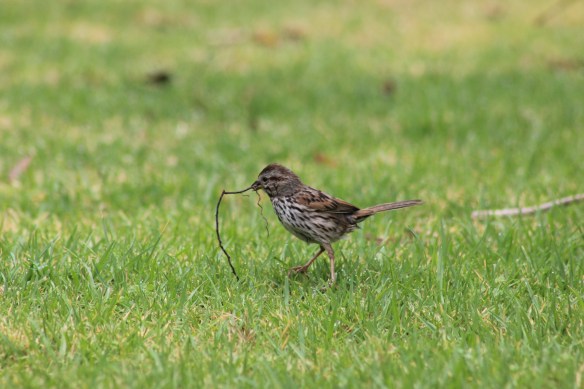
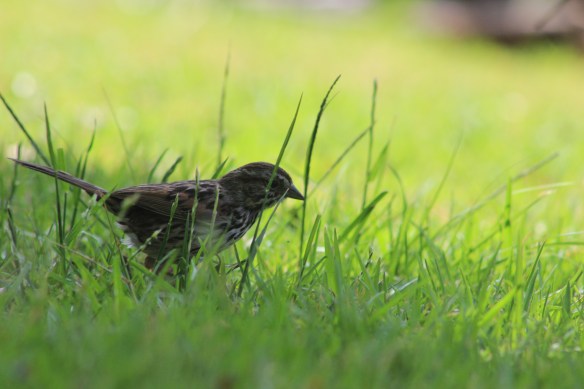





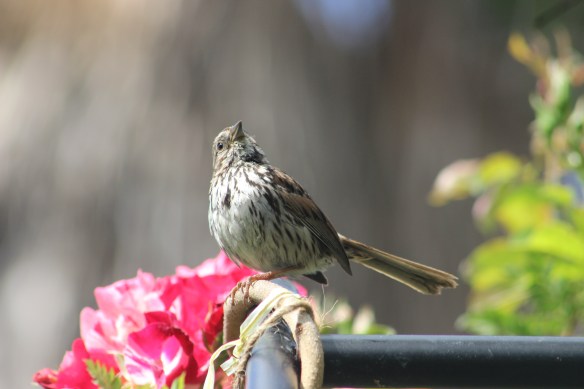



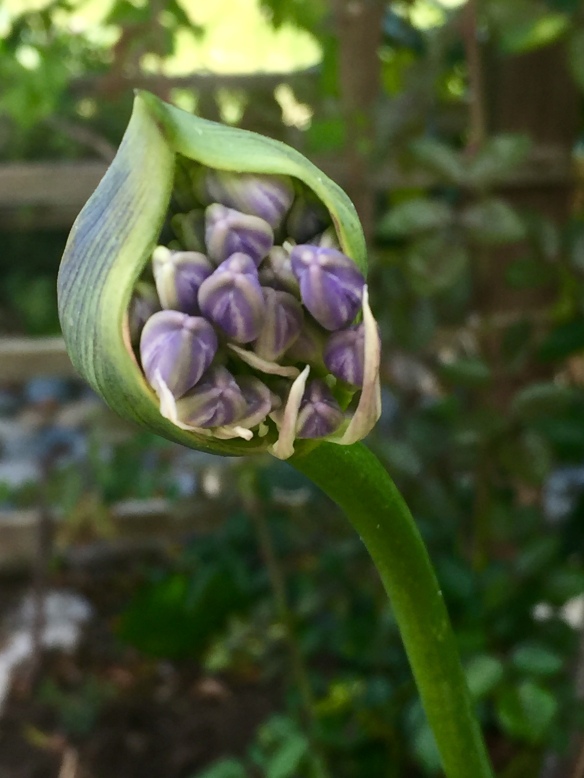
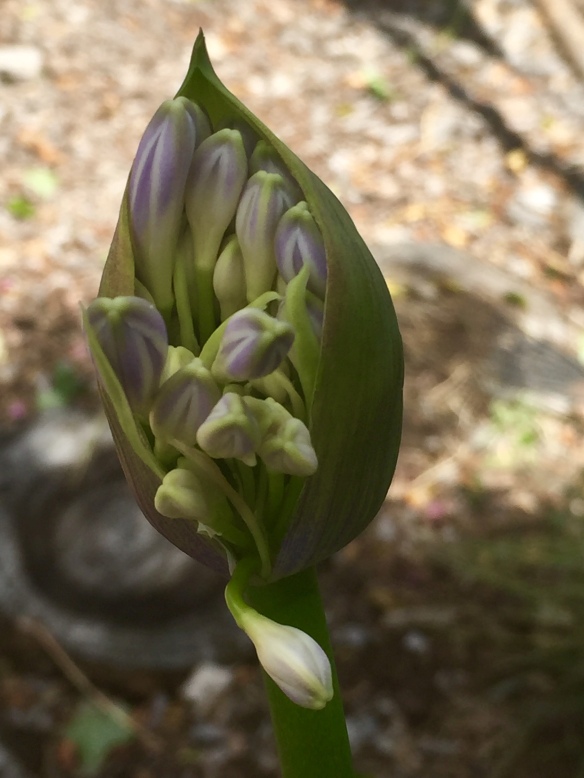
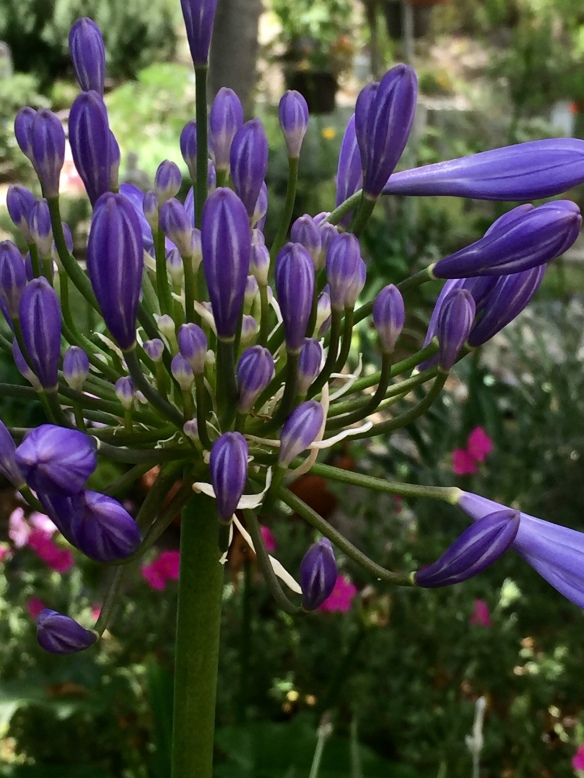
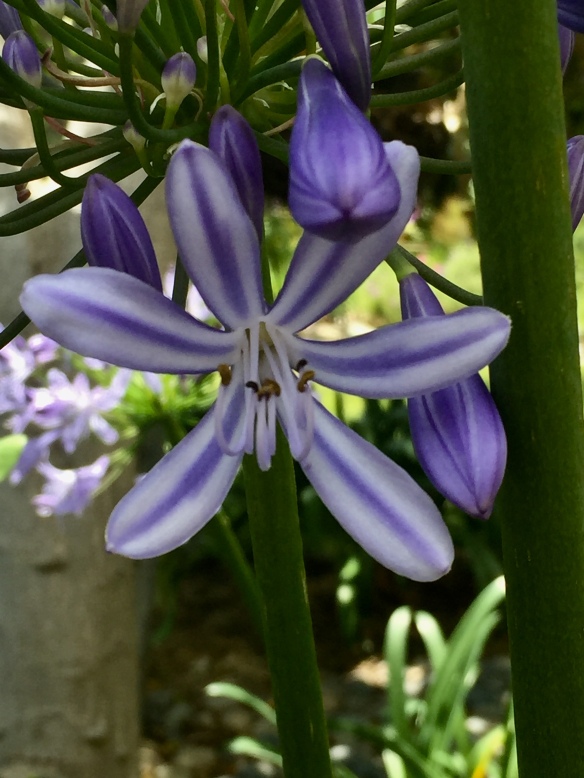
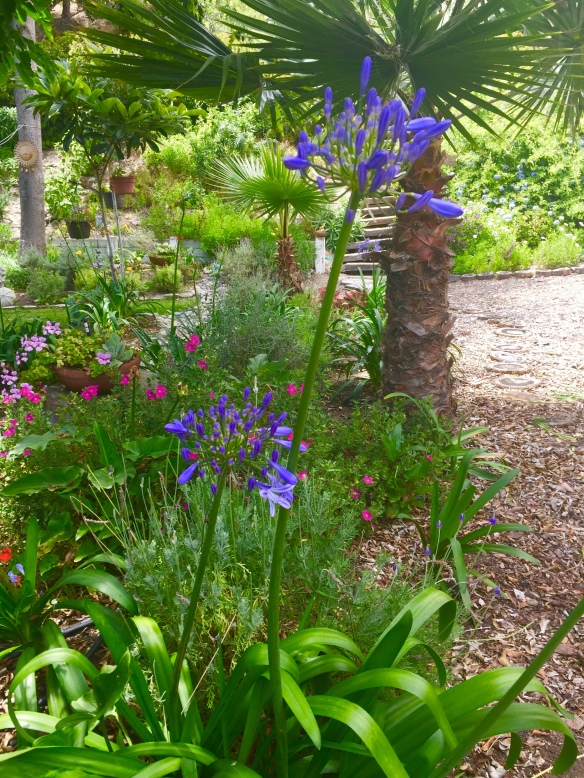


 The view from my kitchen window in the early morning light.
The view from my kitchen window in the early morning light. …WHO WROTE A BOOK THAT GOT PUBLISHED!!!
…WHO WROTE A BOOK THAT GOT PUBLISHED!!!